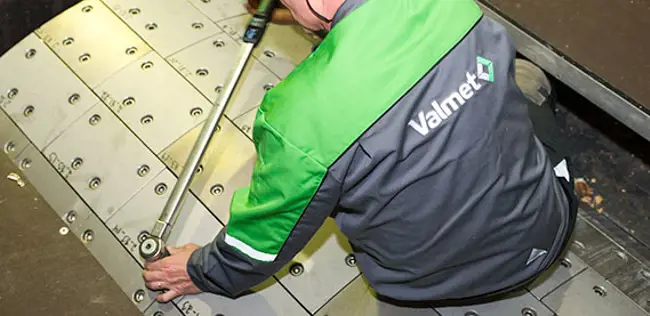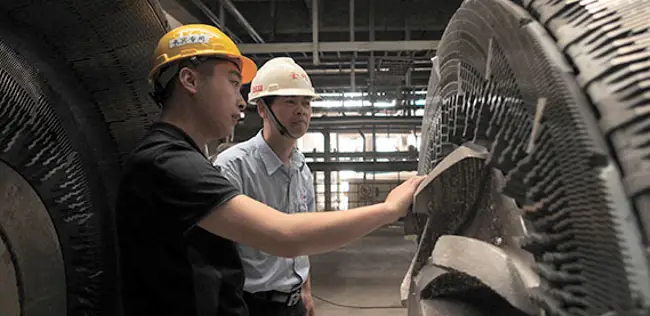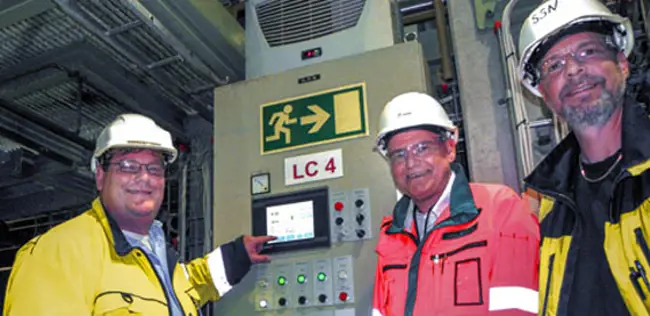Valmet Refiner Segments create 6 GWh in energy savings a year
Aug 20, 2018
Energy cost is the major issue for producing mechanical pulp. Valmet Refiner Segments latest solutions lowers the energy consumption in the PGW process remarkably and thus creates major savings for the customers.
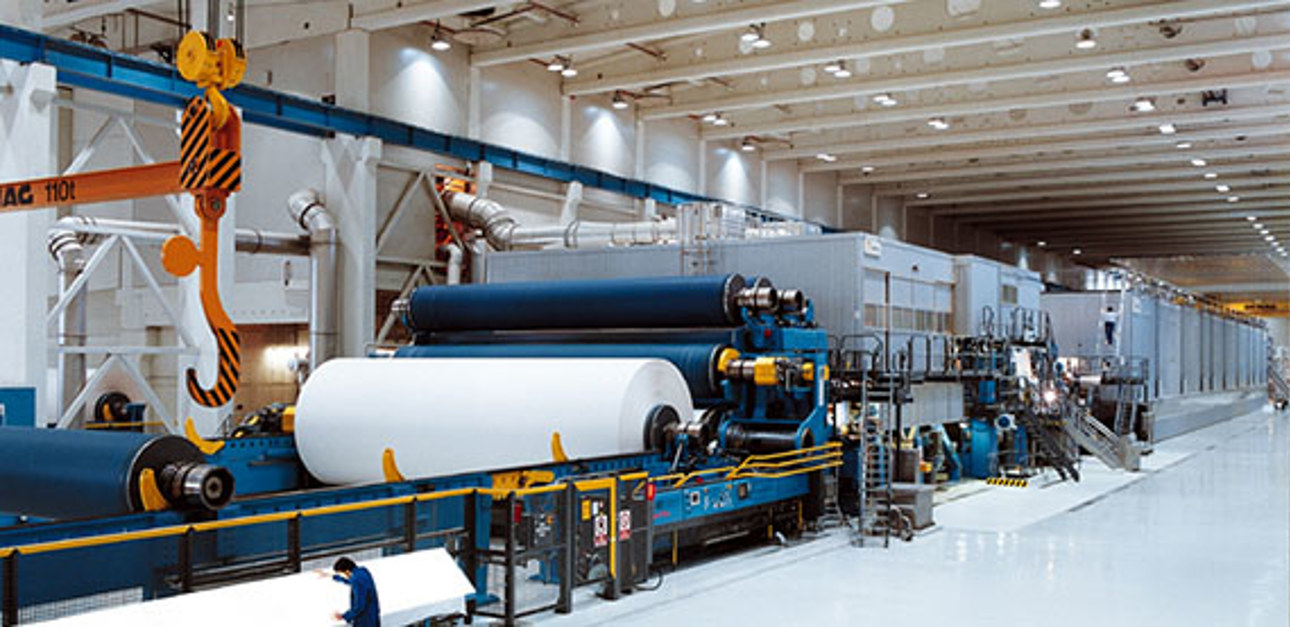
Valmet Grinding Surfaces Galileo and Turbine segments feature are examples of the latest solutions that tackle the energy consumption challenge at different phases in the PGW process. In addition, the overall optimization increases production rate and guarantees an excellent quality of the end product.
Diamond coated surface
Valmet introduced the Grinding Surfaces Galileo in 2010 to improve the grinding process. It is based on a steel core that has industrial-diamond-coated segments bolted to it and it replaces the pulp stone traditionally used for grinding. With this technology, a saving in energy as high as 300-500 kWh/per ton of produced paper can be reached. In addition, the overall production capacity can be increased by 20-50%.
Turbine Segments is the most energy efficient segment design
Reject refining is another energy-consuming part in PGW process. Turbine segments is a key to totally new approach to refining. The main objective is to produce fibers that have been treated uniformly and have as similar properties as possible. To achieve this, fibers and steam must flow in a controlled fashion through the disc gap, and all rotation and back flow must be minimized. The efficient flow reduces energy need in the refiner.
“To offer excellent optimization services to our customers, we are supplementing the Grinding Surfaces Galileo with Refiner Segments development in reject refining. The most energy efficient feature, Turbine segments, has been measured to reduce energy the most at the refining stage. In reject refining fibers are strong and high intensity refining treats them to good bonding properties thus creating excellent pulp,” explains Global Technology Manager Petteri Vuorio from Valmet.
Verzuolo Mill has reached significant energy savings with Valmet’s optimization solutions
Raffaele Marinucci, Mill Director, at Burgo’s Verzuolo Mill summarizes the results:
“We have co-operated with Valmet in two different projects, reaching good results. Earlier, replacing the conventional pulpstone with Valmet’s Grinding Surfaces Galileo, we reached energy savings of 10% and increased the production rate by 25%. Further, the energy savings generated after installing new Turbine segments on both reject refiners, amounted to 30%; estimated at about 6 GWh/year.
The combined result of the two projects has had a significant impact on the paper mill, both from an economic and environmental point of view in terms of CO2 savings.”
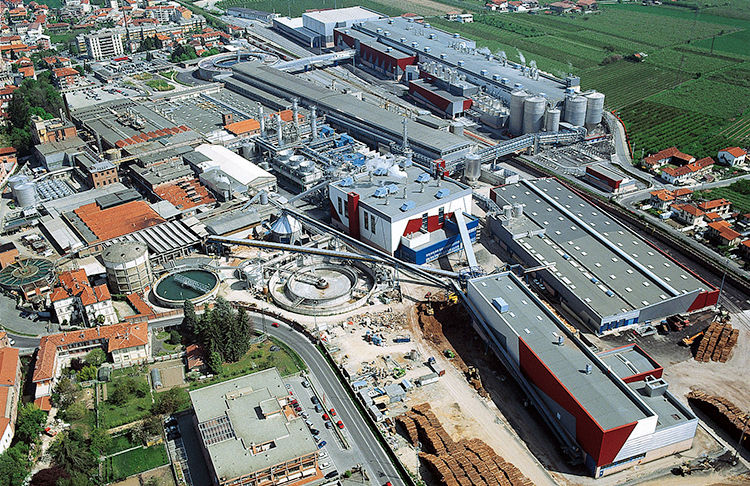
What is PGW Process?
PGW stands for pressurized groundwood. PGW process utilizes round logs as raw material for producing mechanical pulp. The process consists of several stages such as grinding, screening, reject treatment, bleaching, dewatering and storage. Valmet’s pressure grinders and complete PGW processes produce mechanical pulp for products of the highest final quality – and with the lowest energy consumption and environmental load.
Related articles
